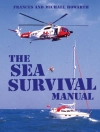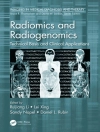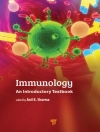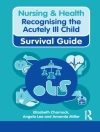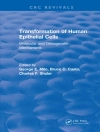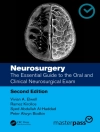Over the past three decades, the flexible intramedullary nailing (FIN) technique that originated in the University of Nancy in France has evolved to the point where it is becoming the gold standard for the treatment of many fractures in children. This comprehensive textbook on FIN is written by Pierre Lascombes and his colleagues from the University of Nancy and covers all its potential applications. The book is divided into three parts. The first part focuses on general considerations such as biomechanics, choice of implant, basic principles of surgical technique, and rehabilitation. The second part describes in detail the techniques developed for each particular fracture type with the aid of numerous high-quality illustrations. In the final part, a range of further indications for FIN in children are discussed. By clearly explaining the basic principles and various uses of FIN, this book will prove of value to both novice and experienced traumatologists and orthopedic surgeons.
Inhaltsverzeichnis
General Considerations.- Experimental Studies.- Biomechanics of FIN.- Stainless Steel or Titanium?.- Surgical Technique: Basic Principles.- FIN Without Image Intensification.- Hardware Removal.- Pediatric Anesthesia and Postoperative Pain Management.- FIN and Imaging.- Rehabilitation After FIN.- Professional Caregivers‘ Perspective.- General Considerations.- Fracture of the Proximal Humerus.- Humeral Shaft Fracture.- Supracondylar Humeral Fracture.- Radial Neck Fracture.- Both-Bone Forearm Fracture.- Metacarpal and Phalangeal Fractures.- Femoral Fracture.- Tibial Fracture.- Ipsilateral Long Bone Fractures and Polytrauma.- Other Indications.- FIN and Bone Weakness.- FIN in Ilizarov Bone Lengthening.- Use of FIN for Correction of Deformities in Children with Familial Hypophosphatemic Rickets.- FIN and Osteotomies.- Conclusion.


